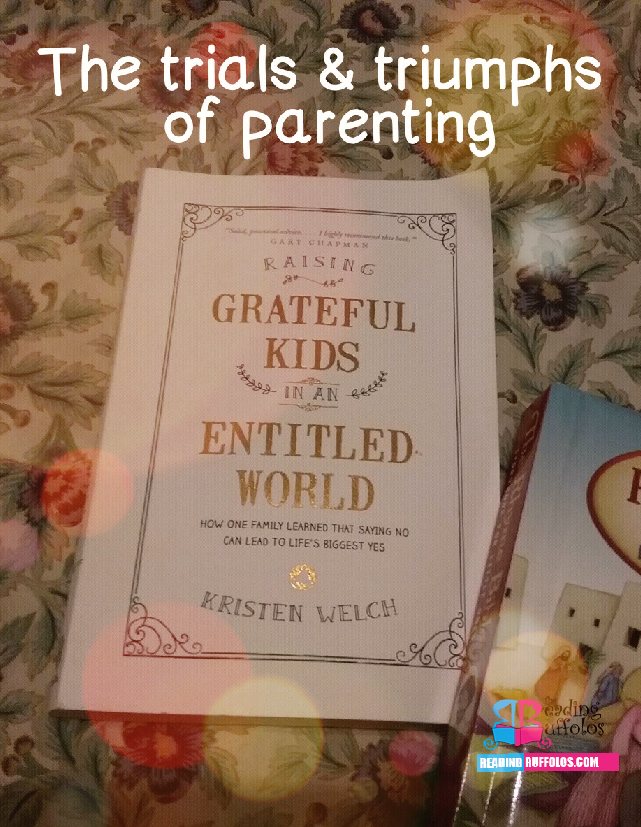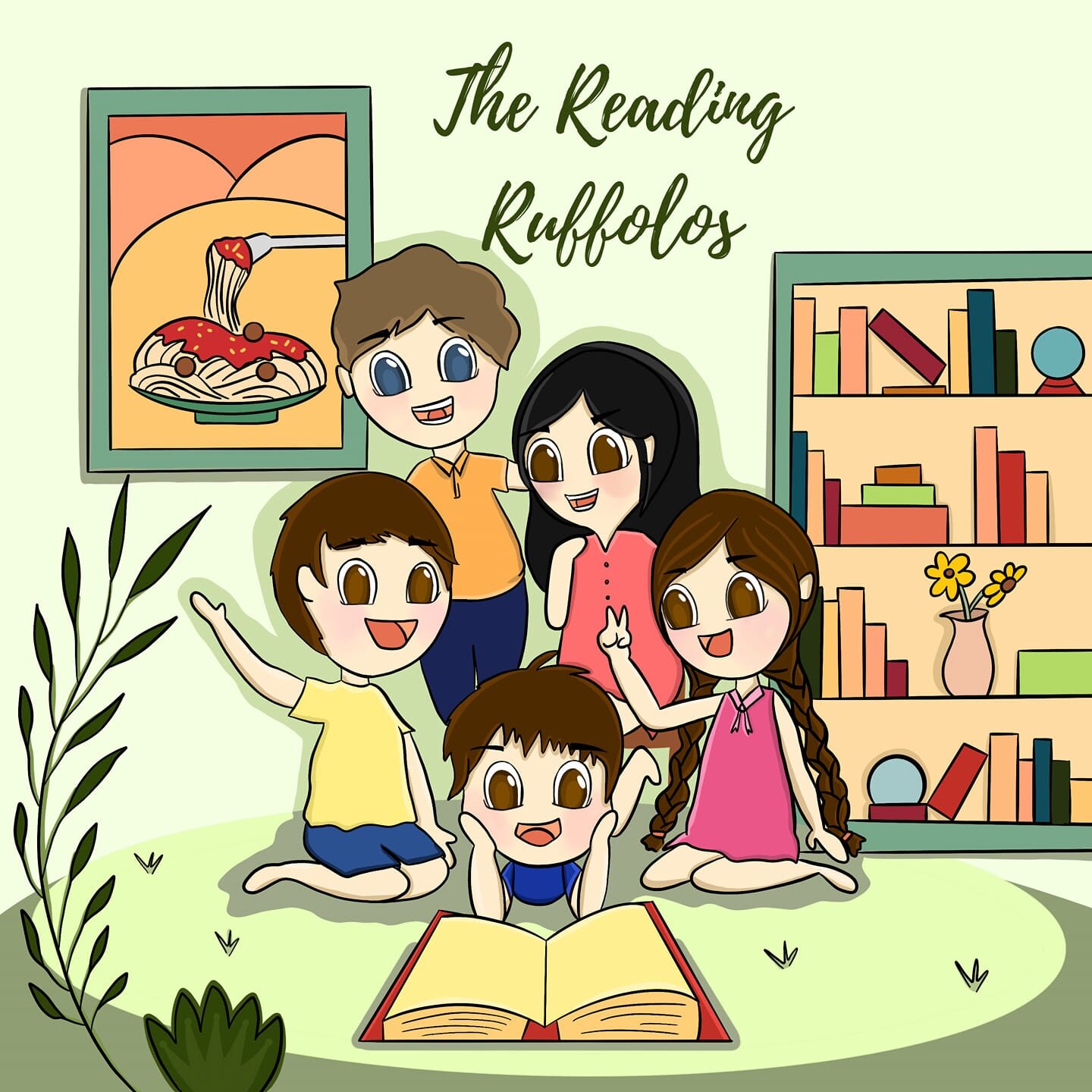Parenting is the hardest of all jobs because it’s the kind that won’t allow you to submit a resignation letter, pack up your things, leave, and then someone will be hired to replace the position you vacated. Life would be so much easier if this were the case. In Raising Grateful Kids in an Entitled World, Kristen Welch shares the trials and triumphs of parenting three children along with her husband, Terrel. In this book, Welch did not offer a prescribed list of dos and donts. Instead, she shares anecdotes from her own family experiences and invites parents to take the road less travelled even if it means being different from other families.

Every mother or father wants to be good, if not the best, in being a parent. Who doesn’t want to be called cool and great by our children? Parenting, however, is not only limited to being providers and protectors of our children; it also means being their authority, the people who instills in them self discipline and models self control.
Welch discussed this in details in the book starting off with a boots story where she narrates the incident where one child whines and complains about something after they bought the child a pair of cowboy boots (a prized possession for proud Texans). They decided to take back the boots and have the child earn it back by working hard for it (by pulling weeds off the yard within three days). Her heart broke to have her child undergo this task but she knew it is for the best.
Throughout this book, Welch reminded readers that parenting is messy; that the responsibilities of being a parent doesn’t come easy; that we cannot live a certain kind of life just because everyone is living it; that we cannot just give our children iPad because everyone in his class has it.
Children are generally heaven sent. I guess we, parents, agree on that. But tough times and temper tantrums happen and during those episodes, they can be minions from hell. Welch tells us to stand our ground during these times. She reminded readers to not be afraid to say I’m sorry to our children when you are at fault.
I read this book with my twin toddlers in mind. My husband and I are having real trouble in teaching them obedience. At two years old, their favorite word is “no” with an exclamation point. We struggle in disciplining them. We lose our temper, raise our voices, and get too caught up in the moment. We get upset. My husband’s arm hurts; I get headaches. While reading Welch, I stopped in one chapter where she wrote that obedience is not immediately learned. It is a process of constant practice and consistency. She shared these three lines (which she said she learned from a friend):
Correct your child when they’re young (birth to elementary).
Direct them as they grow (middle school, junior high).
Connect with them as they get older (high school and beyond).
I shared these lines to my husband and we agreed to now use these as a mantra in raising our children.
Welch’s writing style is personal. She speaks in a sincere voice. She also speaks reality. She does not sugarcoat. While she repeatedly states in the book that she is not a parenting expert or a psychologist, Welch is definitely an authority in the parenting world. One doesn’t have to be a family relations or psychology degree to be able to understand parenting well. One just needs to practice being a parent. In Welch’s case, 16 years of being a mother drives the point.
I plucked several lessons from this book. The following are the ones which make an impact in my current struggle and experience as a rookie parent to twins and an infant:
- Allow your children to get bored. Creativity comes out in these times. Parents, you are not responsible to always provide entertainment to your children. You cannot always make them happy.
- Do not make your lives child centered. Your life is not all about them. Make your family life Christ-centered. Memorize Bible verses together, participate in volunteer work, pray together as a family. She offers practical tips on how you can do this as a family.
- Internet access is a privilege, not a right. I like how she emphasized the need to make it clear to our children that there are restrictions and limitations in using the Internet. At the end of the book, she shared websites (e.g. Net Nanny) that will help parents in Internet filtering.
- Replace constant praise with encouragement. She notes: “Praise glorifies; encouragement inspires.” I learned to not always blurt out “good job” or “you’re the best” when my child is only doing an average job. From this book I learned that it’s alright to let our children face failure at a young age. Better let them deal with disappointments now so they’ll learn to manage and move on. Imagine how hard it will be for them when they’re 25 without any experience in failure. We cannot always rescue them from misery.
I recommend this book to any parent, Christian or not. While it quotes verses from the Holy Bible and talks about Christian ministry, Welch’s parenting experience transcends religion.
Raising Grateful Kids in an Entitled World is a book that guides parents to raise children who heartily and sincerely know how to say “thank you” in this world of selfies, fast food, and instant coffee.
***
Disclosure of Material Connection: I received a copy of this book from Tyndale Blog Network in exchange for honest reviews. I was not required to write positive reviews. Some of the links in the post above are “affiliate links.” This means if you click on the link and purchase the item, I will receive an affiliate commission. Regardless, I only recommend products or services I use personally and believe will add value to my readers. I am disclosing this in accordance with the Federal Trade Commission’s 16 CFR, Part 255: “Guides Concerning the Use of Endorsements and Testimonials in Advertising



